22 ways to be healthier with minimal effort
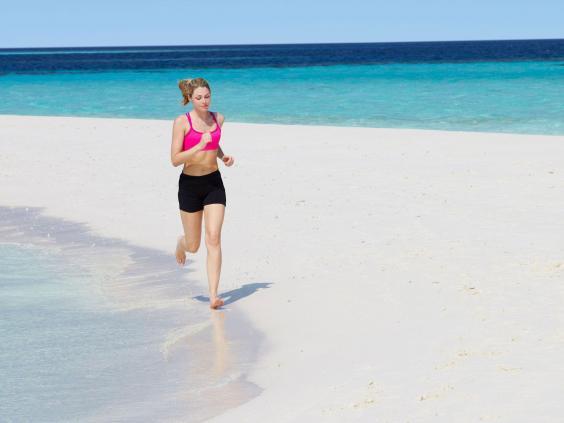
Your support helps us to tell the story
From reproductive rights to climate change to Big Tech, The Independent is on the ground when the story is developing. Whether it's investigating the financials of Elon Musk's pro-Trump PAC or producing our latest documentary, 'The A Word', which shines a light on the American women fighting for reproductive rights, we know how important it is to parse out the facts from the messaging.
At such a critical moment in US history, we need reporters on the ground. Your donation allows us to keep sending journalists to speak to both sides of the story.
The Independent is trusted by Americans across the entire political spectrum. And unlike many other quality news outlets, we choose not to lock Americans out of our reporting and analysis with paywalls. We believe quality journalism should be available to everyone, paid for by those who can afford it.
Your support makes all the difference.The new year is a common time to think about self-improvement.
Luckily, there are lots of ways to better your lifestyle without throwing your daily routine out of whack.
We've put together a list of some relatively small changes you can make to your life right now to start living healthier.
Eat fruit instead of candy.
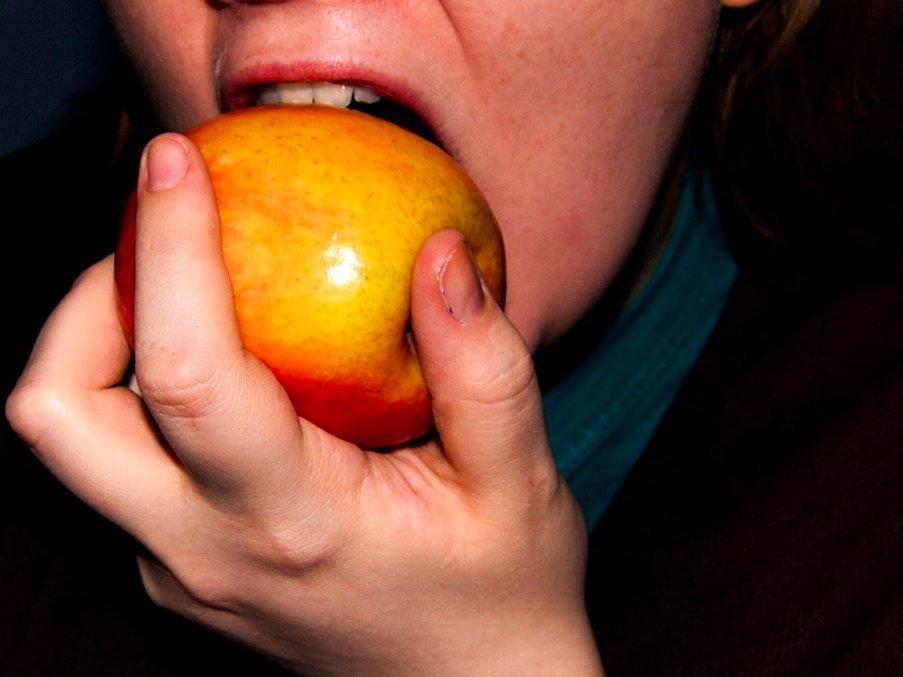
Candy is sweet because it contains processed sugar, usually high-fructose corn syrup. Fruit is sweet because it contains natural sugar, but it's still good for you because it's also rich in fiber, which helps you digest the sugar more slowly.
Shop on a full stomach.
Studies show that people who snack before a grocery trip buy fewer unhealthy foods, possibly because they aren't driven to make impulse buys out of hunger.
While you're at it, learn how to cook.
Studies have shown that dieting doesn't work, because cutting out entire foods only makes you want to eat more of them. But cooking at home is linked to eating healthier, saving money on dining out, and boosting self-esteem.
Drink your coffee black.
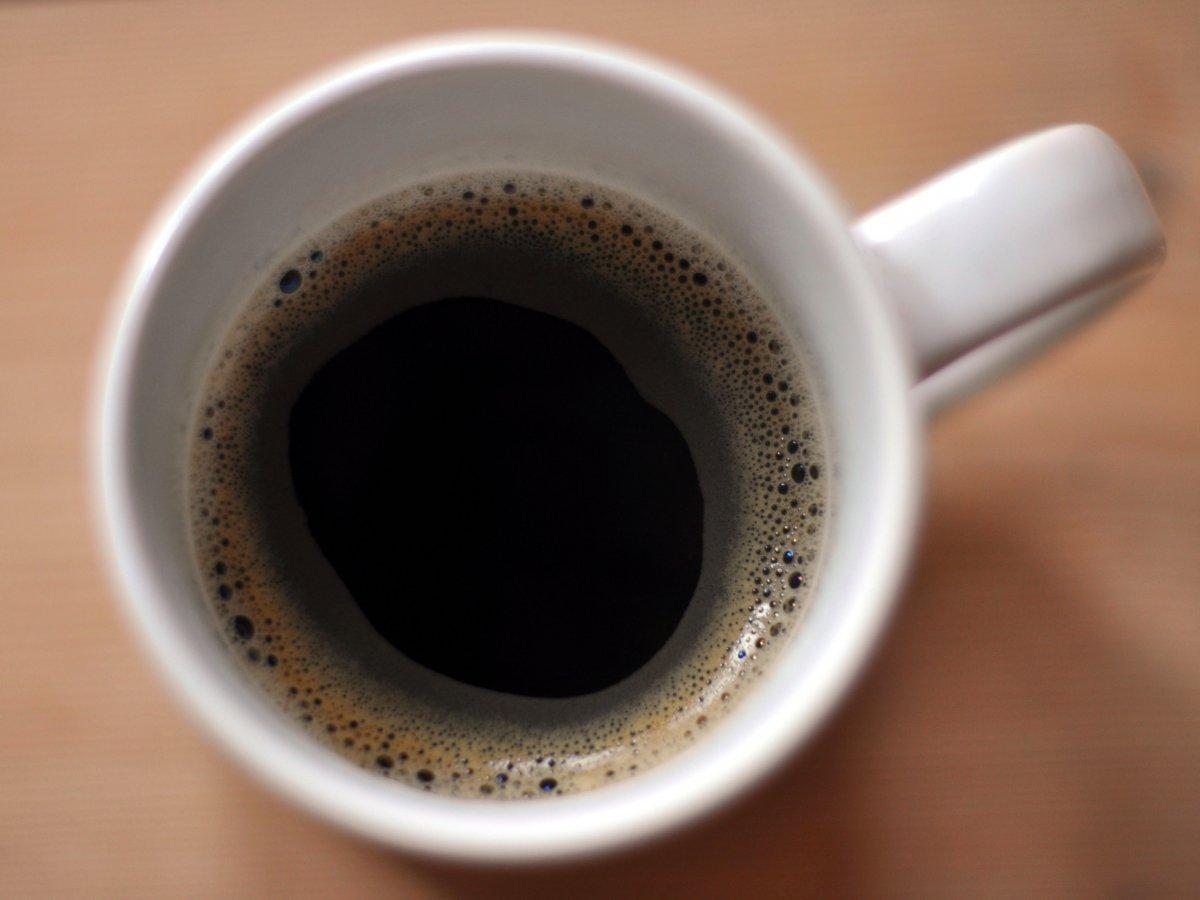
Studies suggest that coffee is good for you — some even suggest that drinking three to five cups a day could lead to a longer life. Eliminating milk, cream, sugar, or flavorings will cut calories and maximize coffee's health benefits. And don't worry — drinking black coffee won't make you a psychopath!
Swap the butter on your toast with mashed avocado.
Avocados are a good source of healthy fats. The fleshy green fruit is a mainstay on the "superfood" list — it's high in nutrients like potassium, magnesium, vitamins C and E, and fiber.
Substitute your white bread with whole wheat.
Whole-wheat bread is higher in fiber than regular white bread, and fiber fills you up and helps with digestion by slowing down the absorption of sugars.
Drink plenty of water.
You've heard this before, but the benefits of staying hydrated are numerous, from keeping your body fluids balanced to having more energy. Some fitness experts even claim you can lose weight if you drink water before every meal.
Pick up the pace.
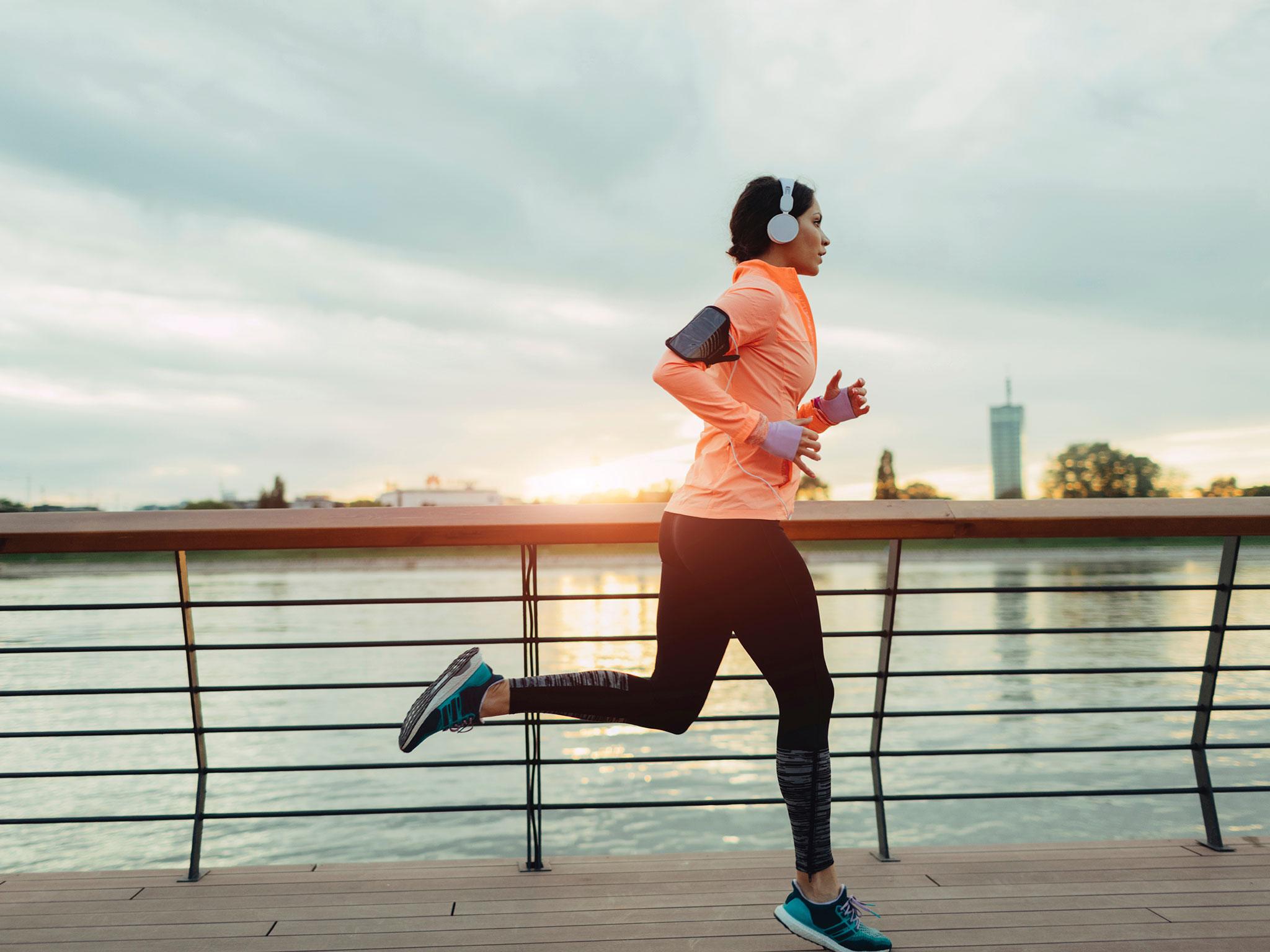
Power walking won't just get you to your destination sooner. One 2013 study of nearly 40,000 regular walkers found that slower walkers had a higher risk of dying than their more briskly paced peers.
Park farther away from your destination (or get off your bus or train one stop early).
This is an easy way to squeeze more physical activity into your daily routine. Walking burns calories, may help reduce anxiety, and even strengthens bones. And exercise isn't just good for your body — it can help keep your brain healthy, too.
Take the stairs.
This is an easy way to burn calories and tone leg muscles when you can't find time to squeeze in a traditional workout.
Stand on one leg while brushing your teeth.
This is an easy multitasking activity that can improve your balance, which is critical to your health, especially as you get older.
Wash and dry your hands regularly.
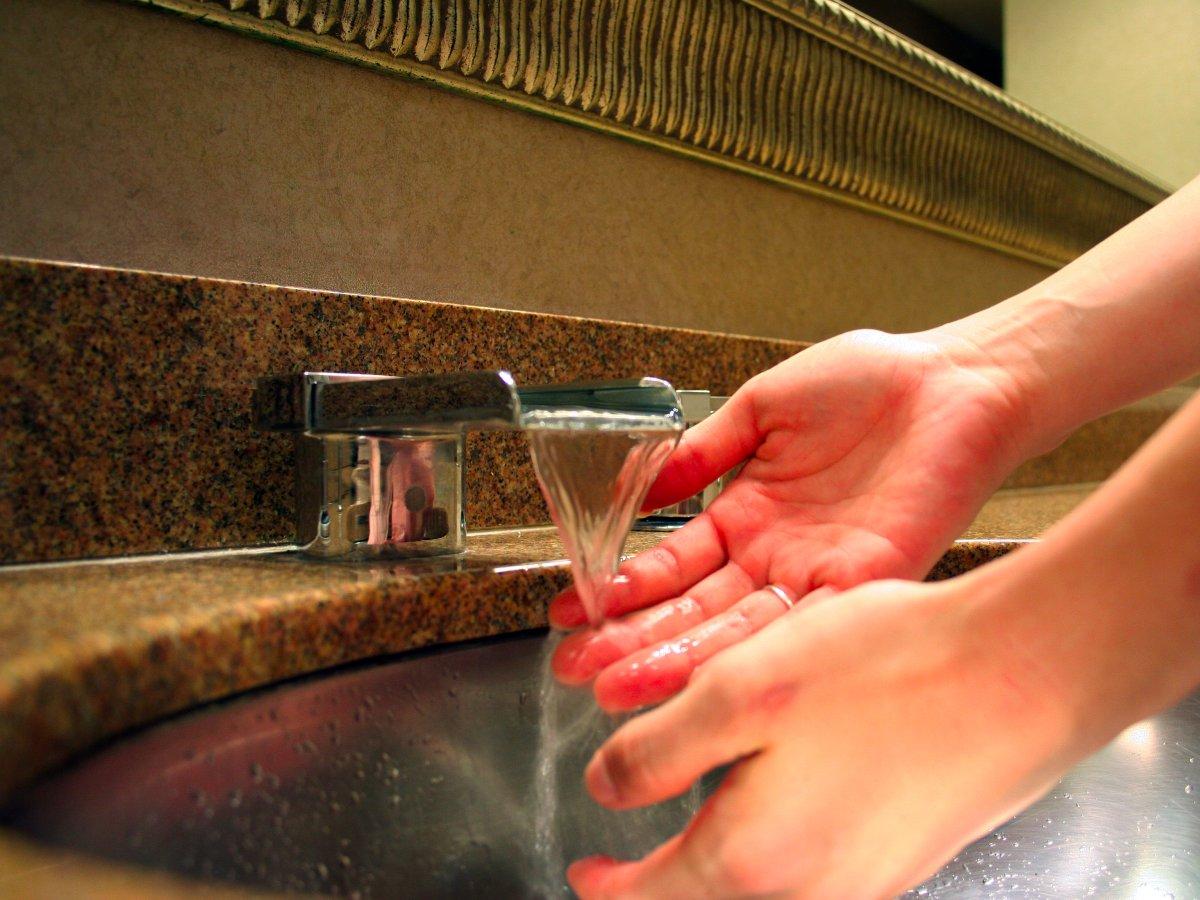
Washing your hands with soap and water gets rids of germs and drying off prevents the spread of bacteria, and is one of the most effective ways to prevent infection. Just make sure you are doing it the right way.
Wear sunscreen.
It may smell funny, but it's one of the best ways to prevent skin cancer. After all, you don't want to end up looking like this.
Wear sunglasses, too.
Sunglasses aren't just a fashion accessory. Protecting your eyes from the sun's UV radiation is just as important as protecting your skin, whether you're mowing the lawn, going for a bike ride, or playing a sport outside.
Buy a plant.
Is your office kind of drab? Bringing plants into the office can make you feel happier at work, according to study that monitored the effects of plants on two large commercial offices in the UK and The Netherlands.
Moisturize.
A good moisturizing regimen can prevent dry, flaky skin. But moisturizers come in different types that have varying effects, so it's important to know what type or types you're using.
Meditate for about 30 minutes a day.
At least a dozen executives swear by the relaxing technique. Research suggests that meditation can help you handle stress, improve memory and awareness, and lower blood pressure. One study found that people who meditated for 30 minutes a day, five days a week, for a month (11 hours total) saw changes in a part of the brain involved in self-regulation.
Read a book.
Expand your knowledge, reduce stress, and briefly cut ties with the internet. A small 2012 study found that reading about someone else's awe-inspiring experience made people more satisfied, less stressed, and more willing to volunteer than other people.
Turn off your phone from time to time.
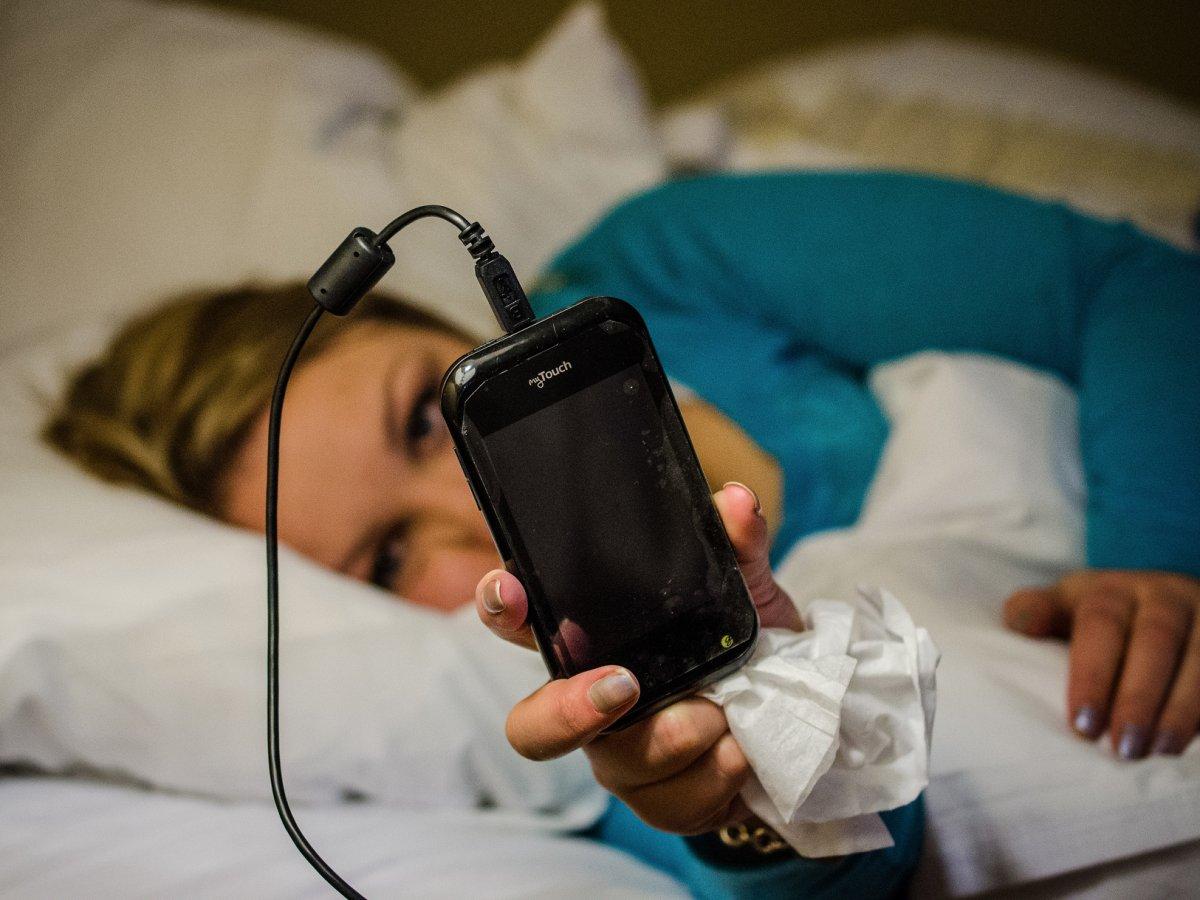
Occasionally unplugging may help stressed individuals achieve a state of complete relaxation. It's especially a good idea to avoid phones in the hour or so before bed, since the light from phones can interfere with your ability to fall asleep.
Go to bed at the same time every day, even on weekends.
When you go to bed and wake up at a different time during the week and on weekends, it can lead to a phenomenon called social jet lag, which can throw off your body's natural sleep schedule.
Move your work desk near a window.
A very small 2014 study found that people who worked in offices with windows did more physical activity and slept longer during the night than people in windowless offices.
Finally, nourish those close relationships.
A 75-year study by Harvard psychologists found that close relationships were the key to living happier, healthier lives. What's more, a lack of social connections could be as big a risk to your health as smoking, scientists say.
Read more:
• This chart is easy to interpret: It says we're screwed
• How Uber became the world's most valuable startup
• These 4 things could trigger the next crisis in Europe
Read the original article on Business Insider UK. © 2016. Follow Business Insider UK on Twitter.
Join our commenting forum
Join thought-provoking conversations, follow other Independent readers and see their replies
Comments